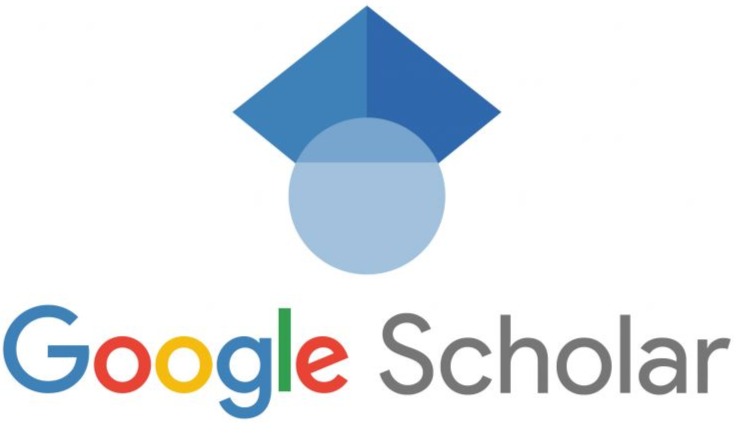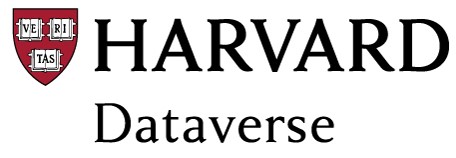PROMOTING THE DECONSTRUCTION OF GENDER STEREOTYPES IN SCHOOL INSTITUTIONS
DOI:
https://doi.org/10.36674/mythos.v21i1.846Keywords:
Gender relations. Patriarchy. Pedagogical practice. Culture.Abstract
The fifth goal of the "2030 Agenda" - a global pact signed by 193 member countries at the United Nations Summit in 2015 - aims to achieve gender equality and empower all girls and women. In this sense, the school environment can contribute to the achievement of these ideals by developing awareness-raising actions to combat patriarchy and gender inequality. The aim of this study, therefore, is to encourage strategies that promote gender equality in education, and thus be innovative in schools. To this end, this study was developed through bibliographical research, using works, documents and legislation, in order to provide a theoretical and legal basis on the subject. In this scenario, the data shows that, through daily actions carried out in the school environment, stemming from planning that belongs to the Pedagogical Political Project, it is possible to create alternatives that permeate from the teaching material to the day-to-day classroom, in order to clarify the issue in question. Stereotypes and gender violence must therefore be tackled from the outset of school life, with the active participation of teachers, in order to prevent the classroom from becoming a place where prejudice and discrimination are reproduced.
References
Brasil. (1998). Constituição da República Federativa do Brasil de 1988. Presidência da República. http://www.planalto.gov.br/ccivil_03/Constituicao/Constituiçao.htm.
Brasil. Secretaria de Educação Continuada, Alfabetização e Diversidade. (2009). Gênero e Diversidade na Escola: formação de professoras/es em gênero, sexualidade, orientação sexual e relações. SPM. https://www.unifaccamp.edu.br/graduacao/letras_portugues_ingles/arquivo/pdf/gde.pdf.
Brasil. (2018). Base Nacional Comum Curricular. MEC. http://basenacionalcomum.mec.gov.br/images/BNCC_EI_EF_110518_versaofinal_site.pdf
BRASIL. (2019). Temas Contemporâneos Transversais na BNCC: Contexto Histórico e Pressupostos Pedagógicos. Brasília: MEC. http://basenacionalcomum.mec.gov.br/images/implementacao/contextualizacao_temas_contemporaneos.pdf
Farias, I. de J. (2022). A igualdade de gênero e o brincar na educação infantil. Disponível em: <https://educapes.capes.gov.br/bitstream/capes/704878/6/A%20IGUALDADE%20DE%20GE%CC%82NERO%20E%20O%20BRINCAR%20NA%20EDUCAC%CC%A7A%CC%83O%20INFANTIL%283%29.pdf>.
Gomes, O. F. (2022). A institucionalização das diferenças e desigualdades: um estudo sobre gênero e sexualidade na escola. http://65.108.49.104/bitstream/123456789/666/1/ficha.pdf
Libâneo, J. C., Oliveira, J. F. & Toschi, M S. E. (2012). Educação escolar: políticas, estruturas e organização. Cortez.
Lins, B. A., Machado, B. F. & Escoura, M. (2019). Diferentes, não desiguais: a questão de gênero na escola. Reviravolta.
Louro, G. L. (1997). Gênero, sexualidade e Educação: uma perspectiva pós-estruturalista. São Paulo: Vozes.
Marconi, M. De A. & Lakatos, E. M. (1992). Metodologia do trabalho científico. (4ª ed.). Atlas.
Nações Unidas. (2023). Os objetivos de desenvolvimento sustentável no Brasil. https://brasil.un.org/pt-br
Organização das Nações Unidas. (1948). Declaração Universal dos Direitos Humanos.
Palhão, M. (2020, 12 de julho). Malala Yousafzai: 10 frases inspiradoras da ganhadora do Prêmio Nobel. Uol, https://harpersbazaar.uol.com.br/estilo-de-vida/malala-yousafzai-10-frases-inspiradoras-da-ganhadora-do-premio-nobel
Resende, F. M. & Silva, E. C. da. (2020). Gênero: um começo de conversa. Pretextos - Revista da Graduação em Psicologia da Puc Minas, 5 (9), 17-28. http://periodicos.pucminas.br/index.php/pretextos/article/view/23171/17064
Richartz, T. (2007). Paradoxos da implementação da lei de cotas para cargos no legislativo paulista nos partidos PT, PSDB e PFL. [Dissertação de Doutorado, Pontifícia Universidade Católica de São Paulo]. Repositório do Campus da UA. https://tede2.pucsp.br/bitstream/handle/3791/1/Terezinha.pdf
Richartz, T. & Santana, Z. (2021). Gênero, intersubjetividade e performatividade. Appris.
Saffioti, H. (1987). O poder do macho. Moderna.
SaffiotI, H. I. B. (1992). Rearticulando gênero e classe social. Em Costa, A. G. O. & Bruschini, M. C. A. (Org.). Uma questão de gênero. Fundação Carlos Chagas.
Silva, R. C. da (2015). A reprodução da hierarquia de gênero na escola. UFMG. https://repositorio.ufmg.br/bitstream/1843/33153/1/Monografia%20A%20reprodu%c3%a7%c3%a3o%20da%20
hieraquia%20de%20g%c3%aanero%20na%20escola.pdf
Silveira, R. I. da & Richartz, T. (2023). O papel dos professores na construção de uma cultura escolar não gendrada. Em Mendonça, J. Eduardo M. De, Nascimento, L. M. & Mendonça, M. da C. M. de (Orgs.). Tempo de Escrita VII: cultura, literatura e sociedade (pp. 223-244). Ixtlan.
Universidade Tiradentes. (2021). Brasil ocupa o 5º lugar no ranking da violência contra a mulher. https://portal.unit.br/blog/noticias/brasil-ocupa-o-5o-lugar-no-ranking-da-violencia-contra-a-mulher/#:~:text=O%20Brasil%20%C3%A9%20o%20quinto,os%20Direitos%20Humanos%20(ACNUDH).
Vasconcelos, C. do S. (2004). Coordenação do trabalho pedagógico: do projeto político-pedagógico ao cotidiano da sala de aula. Libertad.
Valle, L. (2023). 17 intervenções simples na escola para promover a igualdade de gênero. https://www.institutoclaro.org.br/educacao/nossas-novidades/reportagens/17-intervencoes-simples-na-escola-para-promover-a-igualdade-de-genero/
Downloads
Published
How to Cite
Issue
Section
License
Copyright (c) 2024 Isabele Fornazari Marciano, Terezinha Richartz

This work is licensed under a Creative Commons Attribution 4.0 International License.
Since January of 2024, the authors retain the copyright relating to their article and grant the journal Mythos, from FEPESMIG, the right of first publication, with the work simultaneously licensed under the Creative Commons Attribution 4.0 International license (CC BY 4.0), as stated in the article’s PDF document. This license provides that the article published can be shared (allows you to copy and redistribute the material in any medium or format) and adapted (allows you to remix, transform, and create from the material for any purpose, even commercial) by anyone.





























